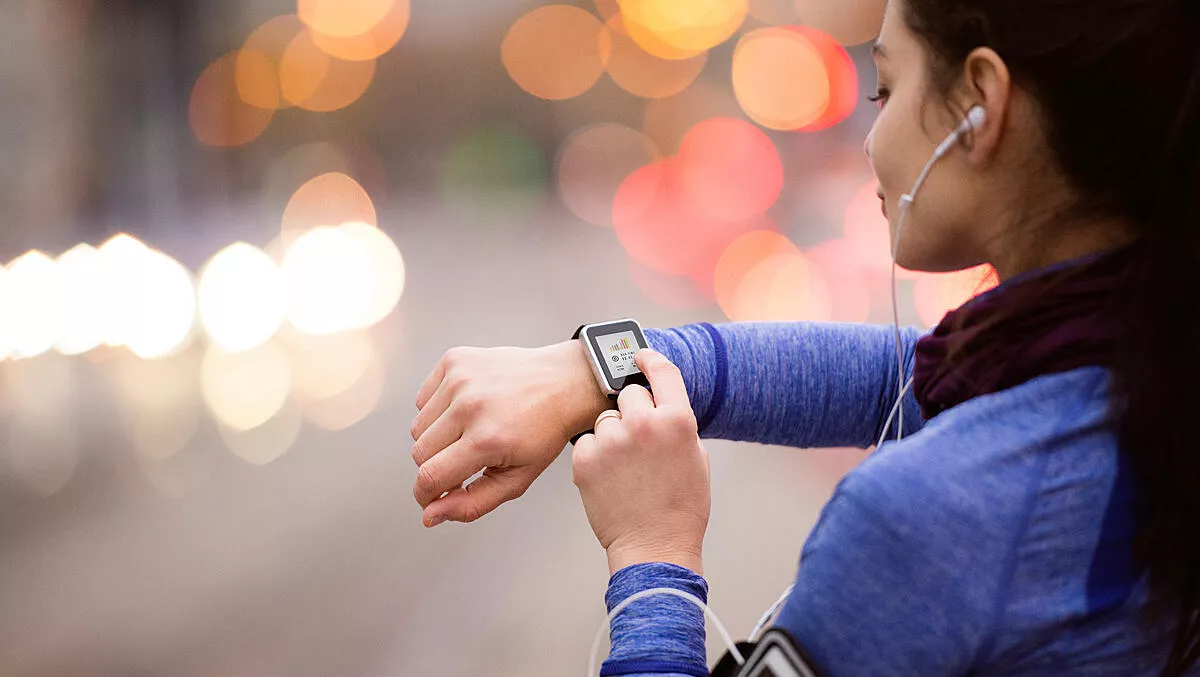
82% growth in Q4 2019 indicates growing appetite for wearables
Wearable devices are still in vogue, according to research from the International Data Corporation (IDC), which found the global market for wearables grew 82.3% in Q4 2019.
Demand for wearables hit a record in last year's fourth quarter, reaching a high of 118.9 million devices shipped.
IDC reports the popularity of hearables was behind the unprecedented growth – the headphones and ear pods market captured 55.3% of the entire market.
"2019 marked a strong step forward for the worldwide wearables market," says IDC wearables team research director Ramon T. Llamas.
"Hearables were the big story due to new product introductions and more smartphones cutting the cord with traditional earphones, practically driving users to purchase a hearable.
Wrist-worn devices captured 43.8% of the total market, down from 68.6% last holiday season.
But watches and wristbands both saw individual growth, with 15.3% year-over-year growth for the former and 17.7% growth for the latter.
Though the share for wrist-worn devices has declined as hearables has grown, the category itself grew 16.3% over the same period.
For the entire year of 2019, vendors shipped a total of 336.5 million wearable devices worldwide, resulting in an 89.0% increase from the 178.0 million units shipped in 2018.
"The market for wearables is quickly becoming very top-heavy as companies such as Apple and Samsung capture a greater share of the market," says IDC Mobile Device Trackers research manager Jitesh Ubrani.
"While these giants put pressure on the rest of the market, there continues to be plenty of innovation and differentiation amongst the smaller brands and this long tail of the market will carry on for the foreseeable future."
Apple led the market with 43.4 million units shipped in Q4 last year thanks to its refreshed AirPods, AirPods Pro, and Apple Watch as well as its Beats products spanning multiple price points.
Despite the company doing well overall in the wearables market, one of the company's flagship products, the Apple Watch, saw shipments decline 5.2% year over year as the company experienced supply shortages.
XiaomiThe Chinese vendor ranked second, shipping 12.8 million wearables. 73.3% of this number were wristbands, about 9.4 million.
The share of wristbands within Xiaomi's overall wearables portfolio has declined from the fourth quarter of 2018, when they accounted for 81.8% of shipments.
IDC says this reflects a growing trend towards hearables and, to a lesser extent, watches landing in China.
SamsungThe South Korean giant finished in third place thanks to a strong portfolio of products as well as multiple brands under its belt, including JBL and Infinity.
The Galaxy Active and Active 2 smartwatches were largely the drivers behind their sales in Q4 2019, and the company also broadened its audience from multi-purpose device users to health and fitness-focused enthusiasts.
Driving volumes forward was its strategy to bundle wearables with its smartphones, which further developed its distribution with carriers.
HuaweiThe Chinese company saw its wearable device shipments grow 63.4% overall, despite widespread political pressure amidst a tense trade standoff with the US.
Watches were experienced the highest growth in the fourth quarter of 2019 for Huawei, but wristbands constituted the vast majority of its shipment volume for wearables.
Huawei also added several new hearables to its portfolio, keeping its selection aligned with the other market leaders.
FitbitThe vendor known for its fitness devices rounded out the top five and saw its shipments rebound for the first time following two consecutive years of declining volume.
The company still relied on its fitness trackers to drive volume, but its smartwatches nevertheless reached a new record with six million units shipped for the year thanks to the release of its Versa 2 and discounted Versa Lite and Ionic.


